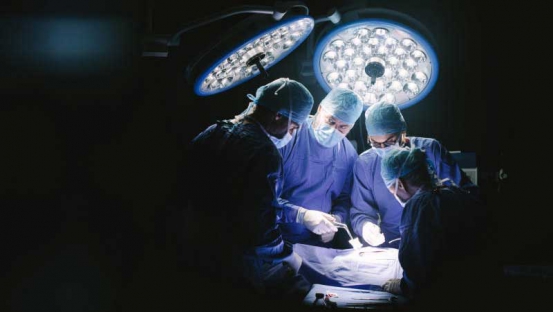×
The Standard e-Paper
Kenya’s Boldest Voice

Kenya has less than a quarter of the doctors and nurses it needs to meet the health requirements of its burgeoning population, a new study shows.
And questions are being raised about the Jubilee Government’s decision to buy state-of-the-art equipment for county hospitals without skilled workers to operate them.